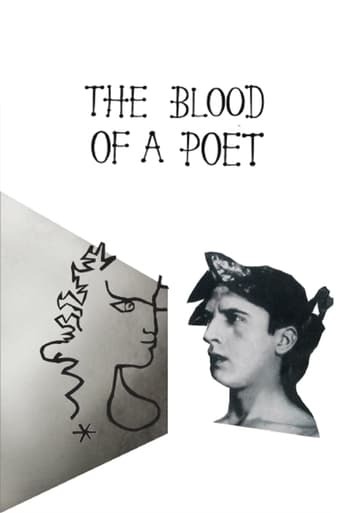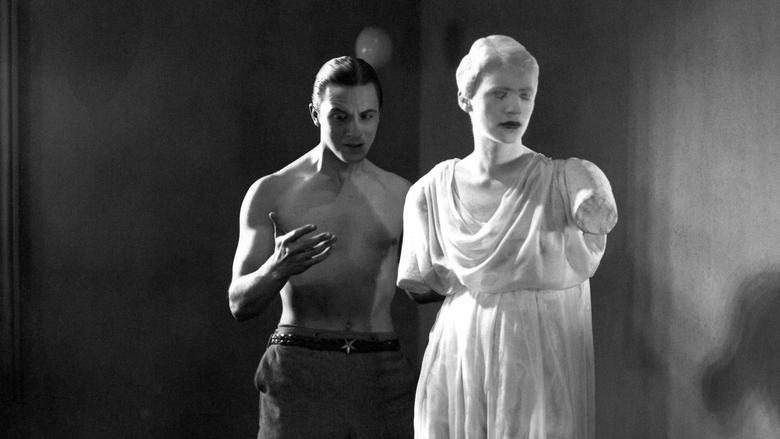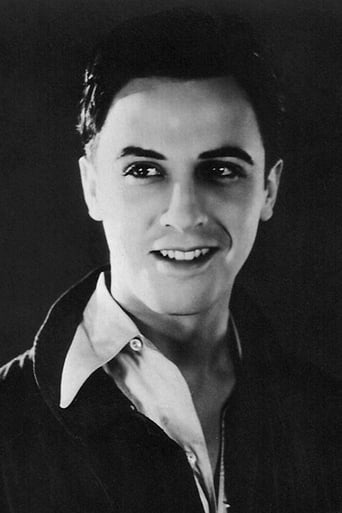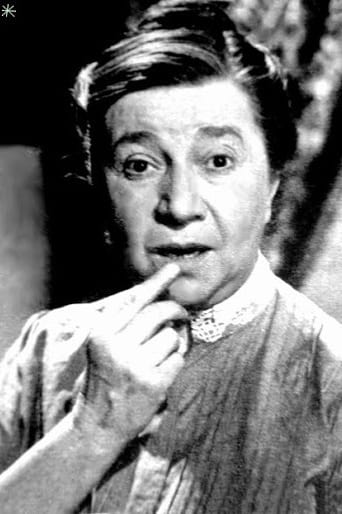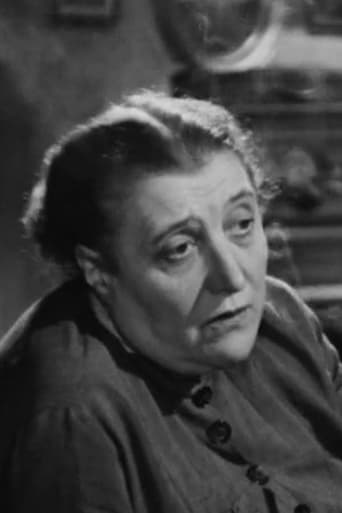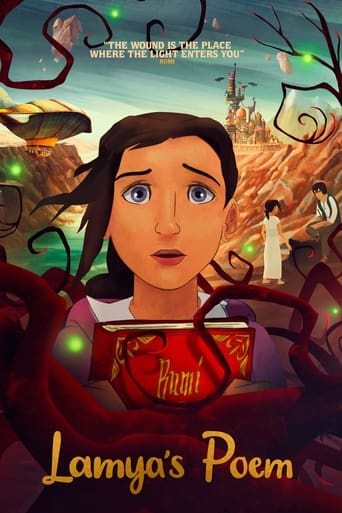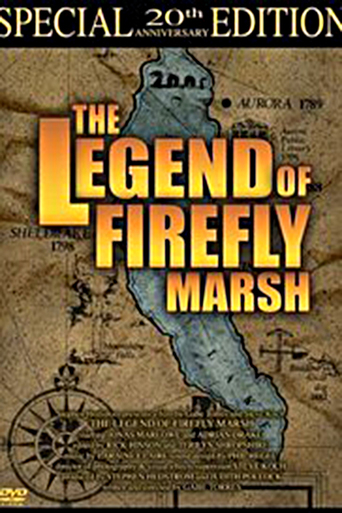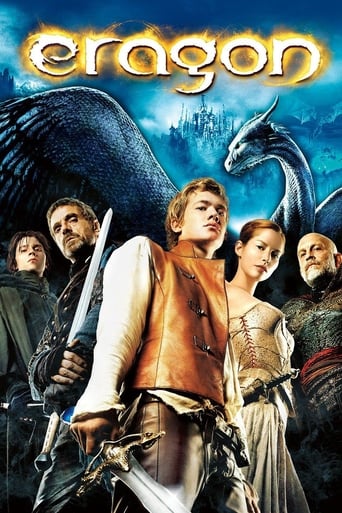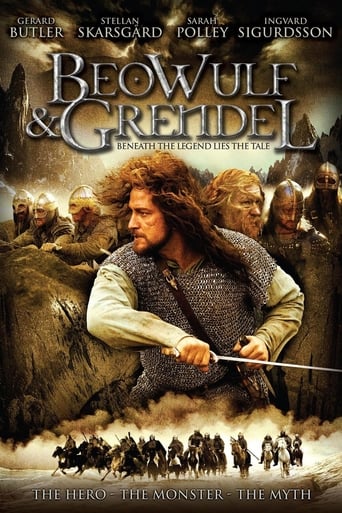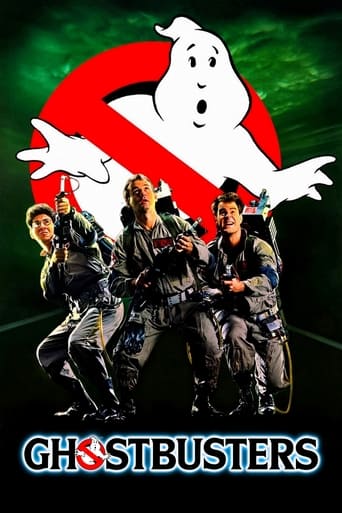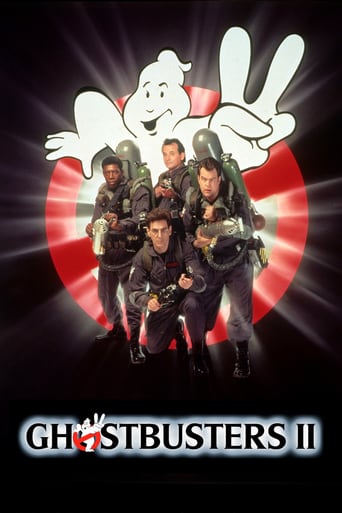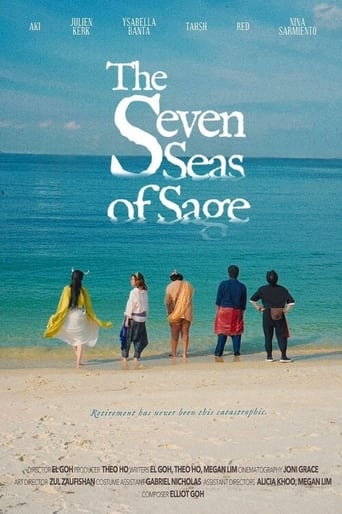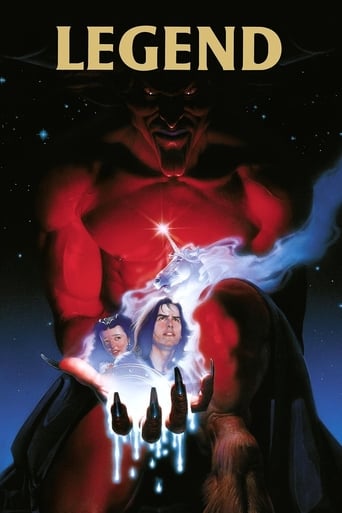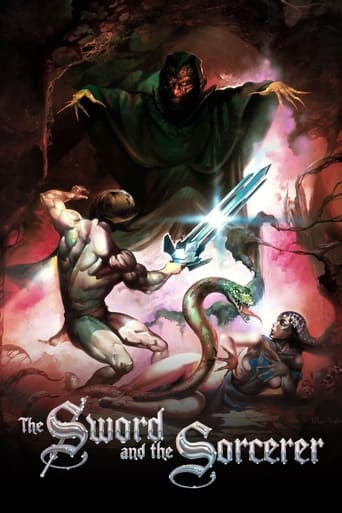The Blood of a Poet (1932)
Told in four episodes, an unnamed artist is transported through a mirror into another dimension, where he travels through various bizarre scenarios. This film is the first part of Cocteau's Orphic Trilogy, which consists of The Blood of a Poet (1932), Orpheus (1950) and Testament of Orpheus (1960).
Watch Trailer
Free Trial Channels
Cast


Similar titles
Reviews
Very well executed
This is one of the few movies I've ever seen where the whole audience broke into spontaneous, loud applause a third of the way in.
Excellent characters with emotional depth. My wife, daughter and granddaughter all enjoyed it...and me, too! Very good movie! You won't be disappointed.
The film's masterful storytelling did its job. The message was clear. No need to overdo.
Surrealist cinema was at the height of its powers between the mid 1920's to the mid 1930's. For obvious reasons, the silent era had been particularly well suited to visually strong films. Like Luis Buñuel's L'âge d'or, The Blood of a Poet is one of the later films from this period. And both incorporate limited sound. In the case of this movie it is mainly music, with a little synchronised dialogue. It's a film that gives the impression of having an overall purpose and meaning but I have to admit, I really have no idea what it was. I found it baffling but interesting enough in a strange dream-like way. And at 50 minutes it hardly overstays its welcome. It's consistently well photographed and there are memorable sequences such as the hotel of strange rooms and the falling into a mirror moment. So, mainly, the film was of interest to me as an example of creative surrealism. But as to what it means? Ah, well, your own your own there I'm afraid
Jean Cocteau was a French poet, painter, playwright, actor, as well as film maker, and was a huge part of the artistic community at the time. The Blood of a Poet (to use its English translation), is a very personal piece of avant-garde cinema, that reflects the ideas of the artist, and presented in a disjointed, surreal style, that is an enigma, even on viewing a second time.The Blood of a Poet has four sections that seem to have no connection at all. We begin with Enrique Rivero as "the poet", who paints a face who's mouth begins to move. After erasing it with his hand, the mouth transfers to him. After pleasuring himself with the mouthed hand, the poet transfers it to a female statue, who orders him to climb through a mirror, where he enters a new realm, one that holds doors into which the poet views some strange scenes. In another sequence a boy is killed in a snow ball fight.The Blood of a Poet was the first in what became Cocteau's Orphic Trilogy, which continued with Orphee (1950) and Le Testament d'Orphee (1960). It's slow, poetic movements through some very beautiful imagery, are in themselves interesting at times. The film is practically silent, except that there is a partial narrative (that incidentally is far too poetically esoteric that we get no indication of what is happening).The film begins with a title card that states; "Every film is a coat of arms. It must be deciphered." This seems to be its intention, to be such a piece of art that its meaning requires unravelling. Whilst this kind of riddle is often pleasurable, in this cause it seems that you may need to know much about Cocteau himself - I have only read one biography of the man. Although, his film work does improve; the other two in the Orphic trilogy are splendid, along with his incredibly poet, and dreamily beautiful adaptation La Belle et la Bete (1946).www.the-wrath-of-blog.blogspot.com
Though my experience is undoubtedly limited, I'm not usually a fan of surrealism or experimental cinema, usually dismissing them as exercises in pointlessness. However, my duty as a film buff tempted me to try my hands at Jean Cocteau's "Orphic trilogy", starting with 'Le Sang d'un poète / The Blood of a Poet (1930) {the remaining two films are, of course, 'Orpheus (1950)' and 'The Testament of Orpheus (1960)'}. Luckily the film was rather short, because I can't say that on first viewing, at least I got much out of it. There is certainly some very interesting imagery, and Cocteau has fun making use of his visual trickery {I particularly liked how the poet fell through the mirror}, but, once the hour was over, I simply didn't feel any more entranced, inspired or shocked than I had been prior to watching the film. Call it inexperience if you must, but I just didn't "get" what the film was trying to communicate, if anything at all.As a random collection of bizarre and occasionally-invigorating images, 'The Blood of a Poet' works to a certain extent, but, if it ever aimed to shock its audiences, the effect is never anything to rival its surrealistic contemporaries, mostly notably Luis Buñuel's 'Un chien andalou / An Andalusian Dog (1929).' In Cocteau's keen eye for mind-tripping camera-work, there is certainly merit, though I doubt that the mere inventiveness of the visuals is the reason why the film is held in such reverence. Is the film simply a collection of random episodes designed to evoke an emotional response, or is there a deeper subtext that I'm overlooking? One interesting theory is that 'The Blood of a Poet' depicts the suffering of a poet, of an artist, and how this immense suffering is transformed into a work of art, something truly beautiful {one particular sequence supports this hypothesis, as a young girl responds to her cruel maltreatment by learning to fly}.However, beyond this primitive inkling of a theory, I find myself thoroughly baffled by the events depicted in the film, which largely strike me as being random. In an essay he wrote about his film {included with the excellent Criterion Collection DVD}, Cocteau states that 'The Blood of a Poet' draws nothing from dreams or symbols, but that it, "as far as the former are concerned initiates their mechanism, and by letting the mind relax, as in sleep, it lets memories entwine, move and express themselves freely. As for the latter, it rejects them, and substitutes acts, or allegories of these acts, that the spectator can make symbols of if he wishes." The precise meaning of these words still eludes me, but it sounds as though the director didn't ever intend for the film to make any sense, and that it is up to the audience to derive their own greater meaning from the collection of sounds and images. Maybe Cocteau knew exactly what he was doing, or maybe he just managed to convince us that he did.
In film, Jean Cocteau found the perfect medium to portray his own personal mythology Though his involvement in cinema was uneven, spasmodic and largely undertaken during later life, his fantastic images, well-meaning amateurism and continuous self-preoccupation were inspirational to the avant-garde and underground By 1930, when Cocteau made his first film, he was already an established poet, novelist, dramatist and artist "Le Sang d'un poète" (The Blood of a Poet) was a characteristically romantic portrait of the artist structured as a surreal succession of images centered on a private mythology: desiring immortality, the poet, martyr to creativity, must first pass through a mirror into a deathly private dream-world Financed, like "L'Age d'Or," by the Vicomte de Noailles, its indulgent celebration of artists in general (and, therefore, Cocteau in particular) makes it inferior to Buñuel's film, but its strong, bizarre symbolism is often alarming

